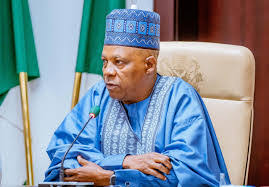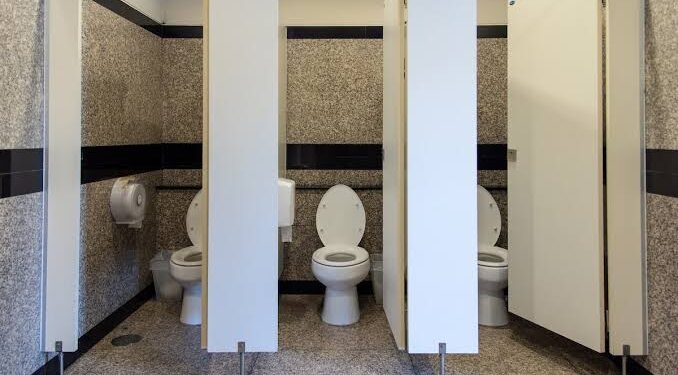ABUJA — VICE President Kashim Shettima on Wednesday implored lawmakers across the nation to enact relevant legislation that would enhance nutrition and food security to ensure that every household in Nigeria has access to the manifold diets required for a healthy and productive life. This, according to him, is the reason why the administration is …

